Many people think that Claudio Rocchi was only a hippy guru. For a certain period of his career he was also this: disseminator (not only as a musician, but also as a radio host) of all that he was peace, love & good vibrations. Author of songs that spoke the language of the young people of the time, of their sensitivity, desire to escape and non-acceptance of social schemes. In his colorful universe there were mysticism and esotericism, the celebration of certain drugs as a means to open consciences, sounds from various parts of the world, psychedelic folk and a completely personal way of understanding progressive music, preferring not instrumental outbursts but a beneficial harmonic flow. Above all, a broad sense of research capable of captivating: if Battiato was the master, Rocchi was the master of the master, having instilled in Franco various suggestions that the Sicilian would have made of him.
Having overcome the hippy hangover, Claudio Rocchi threw himself into sound research tout court, creating at least one fundamental album. He then took on the role of the metropolitan singer-songwriter and in the moment of ebb he described that historic moment with disillusionment, to then drop everything and become Hare Krishna.
Taking advantage of the tenth anniversary of his death and the publication of an excellent and exhaustive compendium of his entire career, the book by Walter Gatti Essence – Lives by Claudio Rocchihere is the ranking of his records from the 70s, the decade that, in all its contradictions, Rocchi was able to best describe.
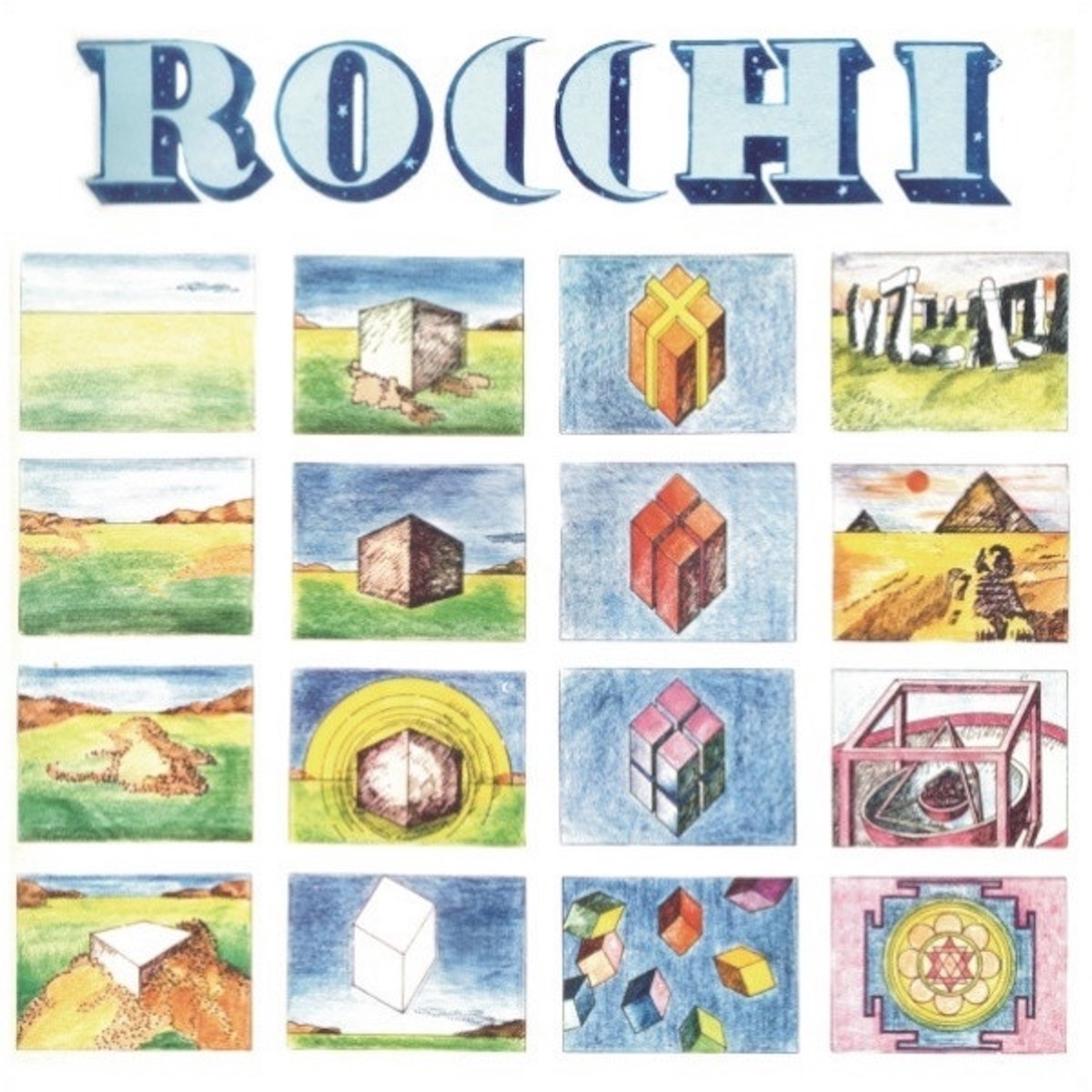
It is his first experimental record, even if fragments of songs take shape here and there which reflect the social changes taking place in that half of the ’70s. Rocchi it is an obscure and sometimes blurry disc, like its home recording, indebted to certain contemporary works by Battiato without however possessing the strength. Don’t miss Franco himself who appears in the collage of Zen sessions whispering enigmatically: “Seven centimeters is a good height”.
There is none for anyone
1979
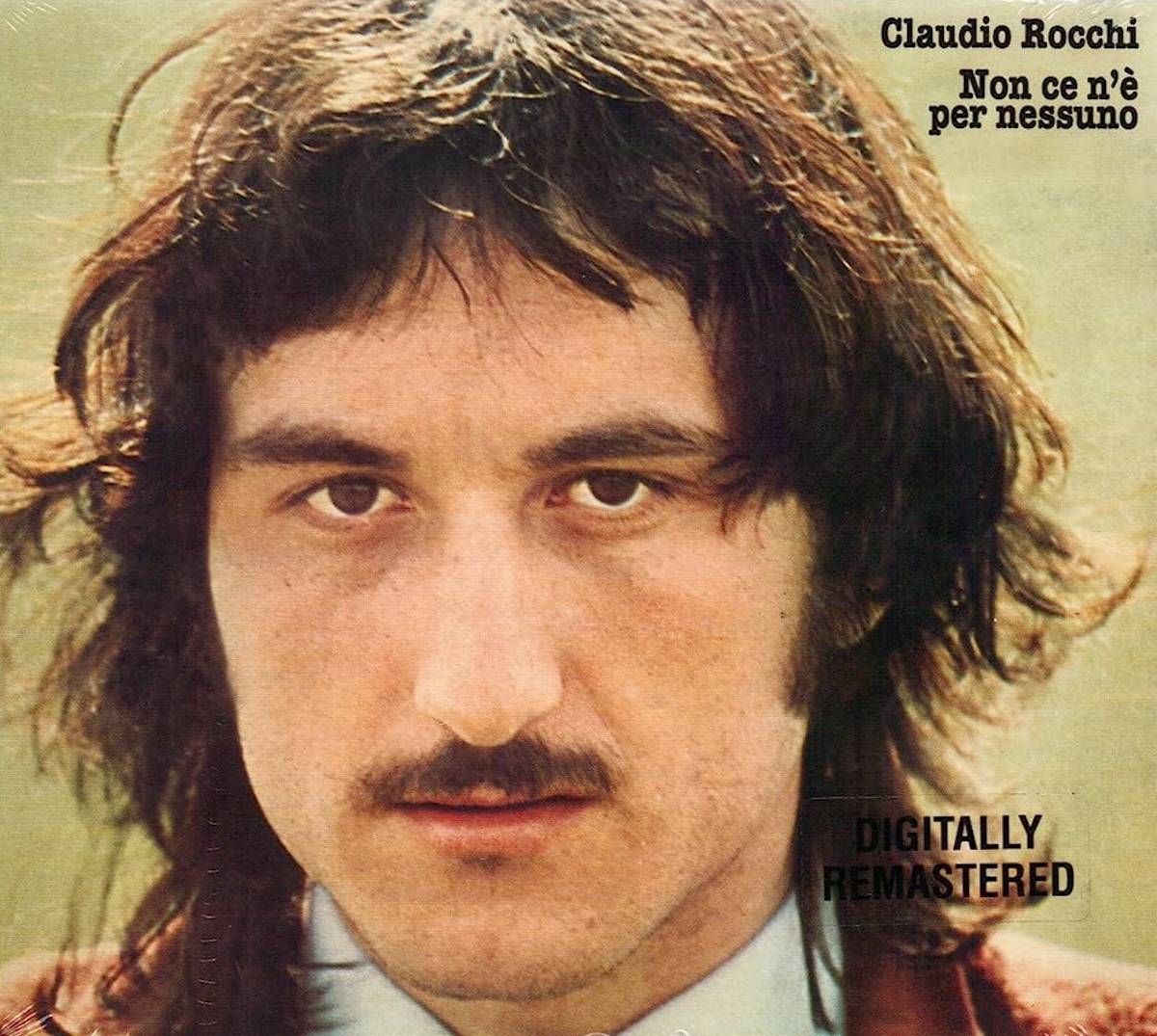
Shortly before joining Hare Krishna, Rocchi publishes his second release for Cramps: rock inspiration, new wave echoes, the ebb, the desire to drop everything that comes to life with the desire not to listen to the sirens of progress and find a meaning to himself (“Progress is basically an empty box / If you don’t fill it with meaning to life” he sings in the title track). All in a bubbling sound magma, as warm as the period described and assisted by a superband with Tofani, Donnarumma, Calloni and Finardi inside.
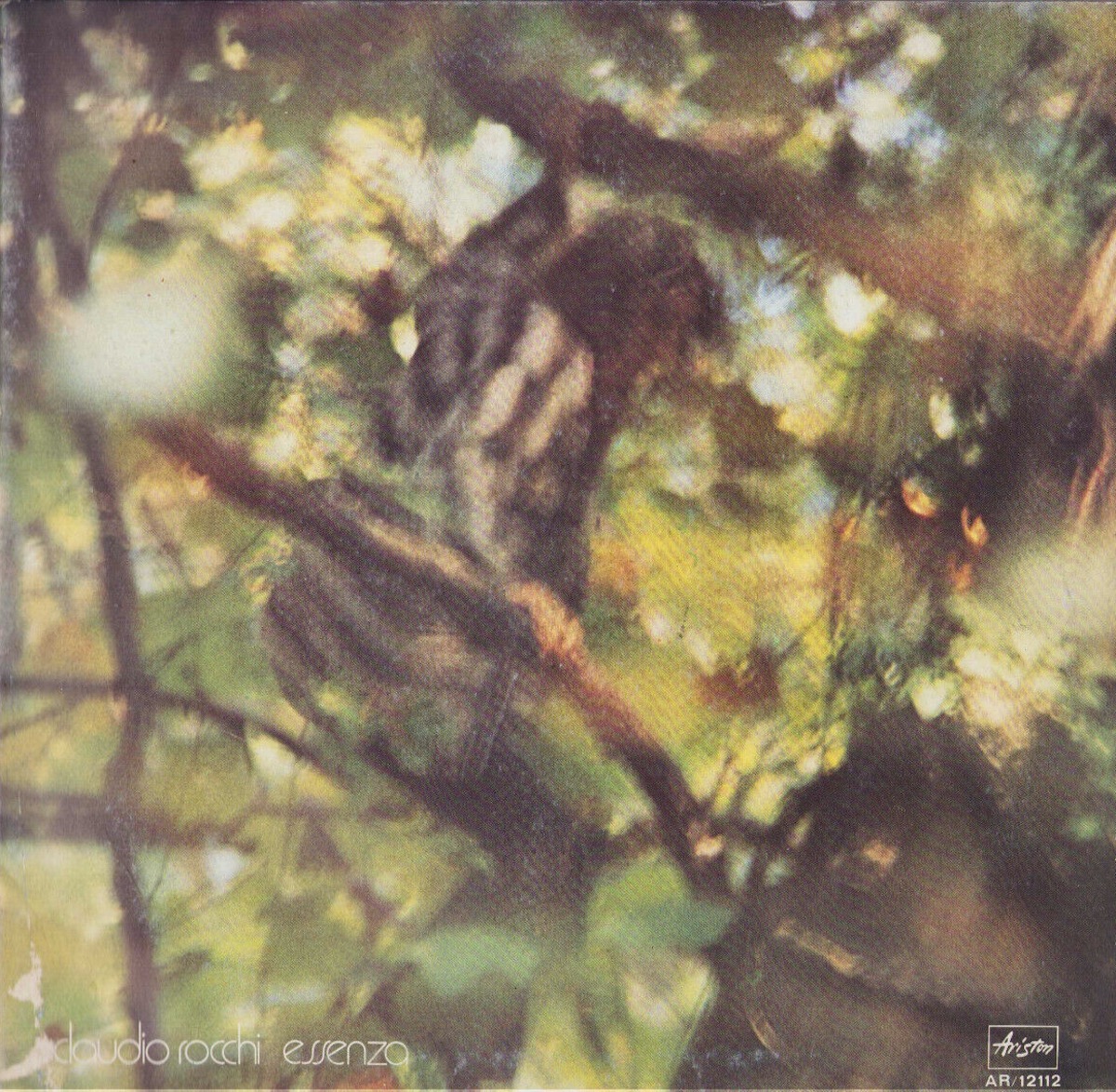
Back from a trip to India, Claudio Rocchi returns to the studio to give life to a work that stands out from the previous ones, as if the experience had purified him and he wanted to set to music all his desire for freedom from any scheme, even those record companies. Essence it’s not immediate, very free, with instrumental plots influenced by Indian music and edgier songs, at times it seems a more mystical version of the Peter Hammill of the time. Definitely brave, but sometimes without songs that leave their mark.
The honey of the planets the islands the bees
1974
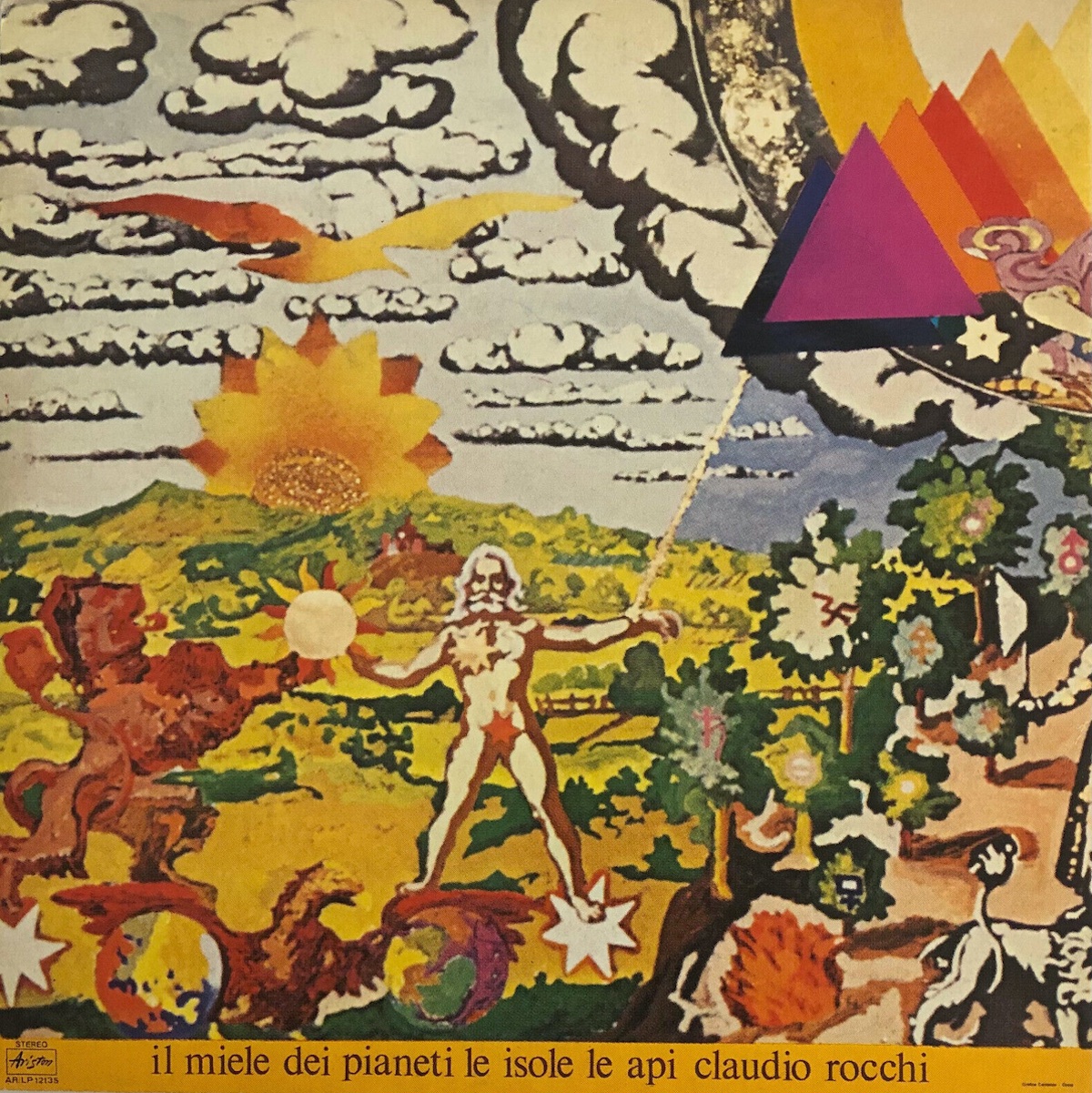
Rocchi is preparing for new transformations. It goes beyond the free form formula that he characterized Essence and returns to an entirely original song-form, accompanied by the members of Aktuala. Emblematic and beautiful Honey bee, one of his most radiant songs, with trance rhythms and a cosmic stoned atmosphere. A transitional album that works perfectly in his imperfection.
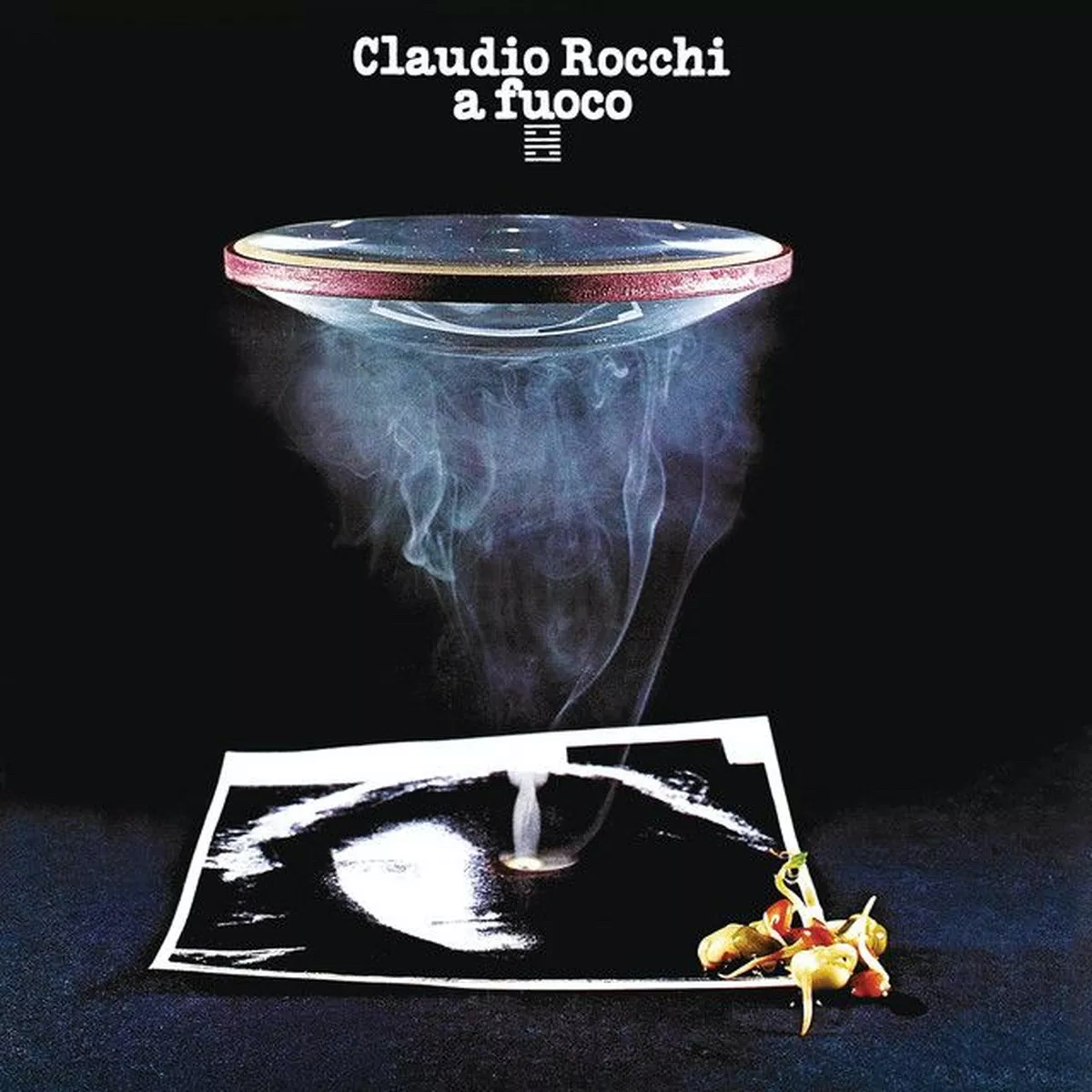
Signed by Cramps, Rocchi transforms himself into a proud metropolitan singer-songwriter. In these passages you can feel the gray Milan of those leaden years, you feel the urgency, an increasingly urgent desire for change. Perhaps Gianni Sassi thinks of making him a new Finardi, but Rocchi doesn’t even think about it, he goes on his way in the company of a lot of friends who share his uncertainties. Soon it will be beyond, while its guitarist Alberto Camerini will transform into the rock’n’roll robot. Different ways of escaping a reality that is increasingly distant from the premises.
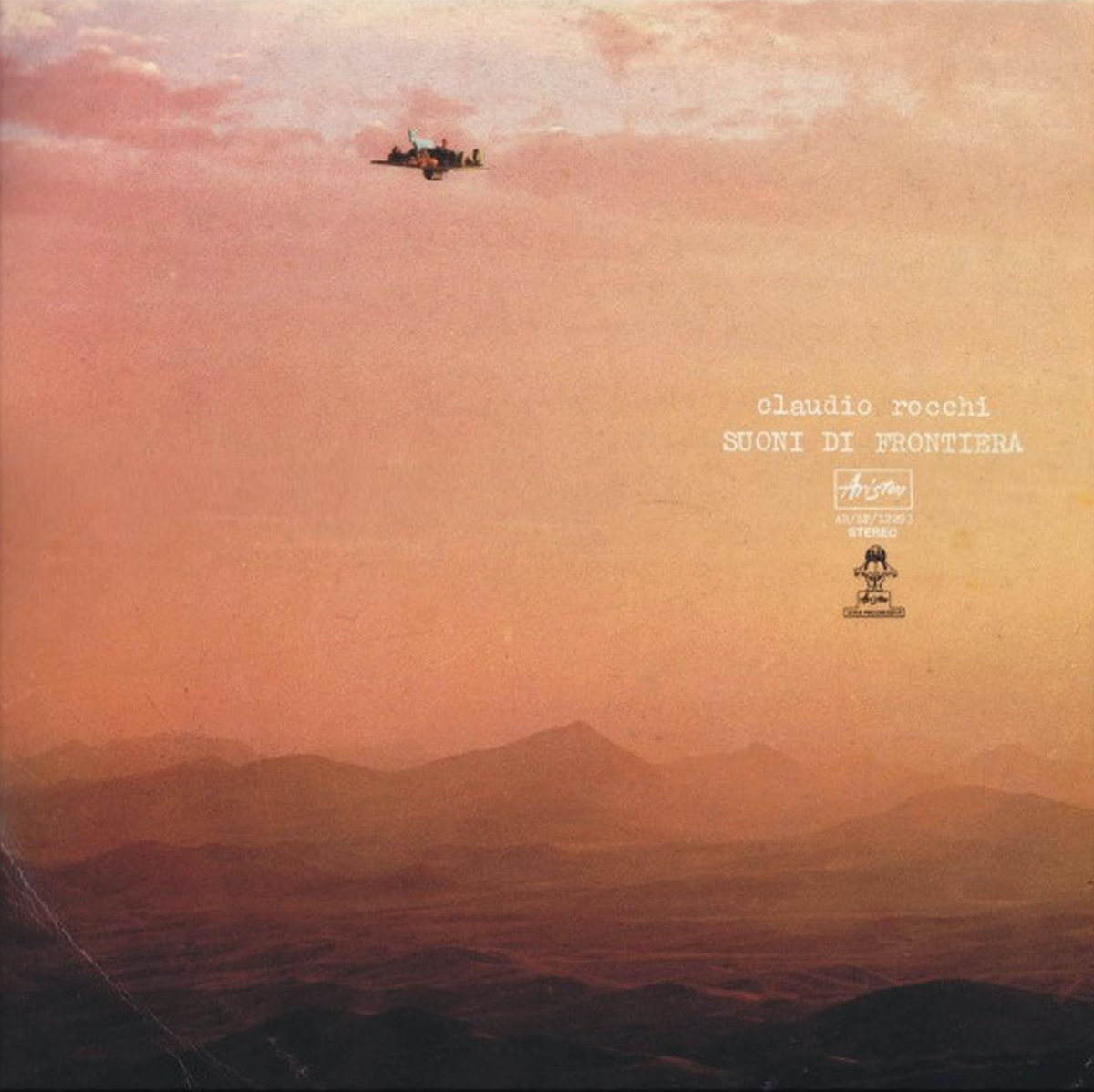
In 1976 Rocchi left for the future. Uncertainties aside Rocchifocuses on his experimental masterpiece Frontier Sounds, based on a series of sketches that seem to electronically translate his mystical inspiration and make it explode towards new horizons. It suffers a little from the influence of certain kraut rock, but in the end the result is the result of a well-defined personality between ambient glimpses, loops and minimalism. The American avant scene (Jim O’Rourke above all) will love it, the Boards of Canada must have given it several listens.
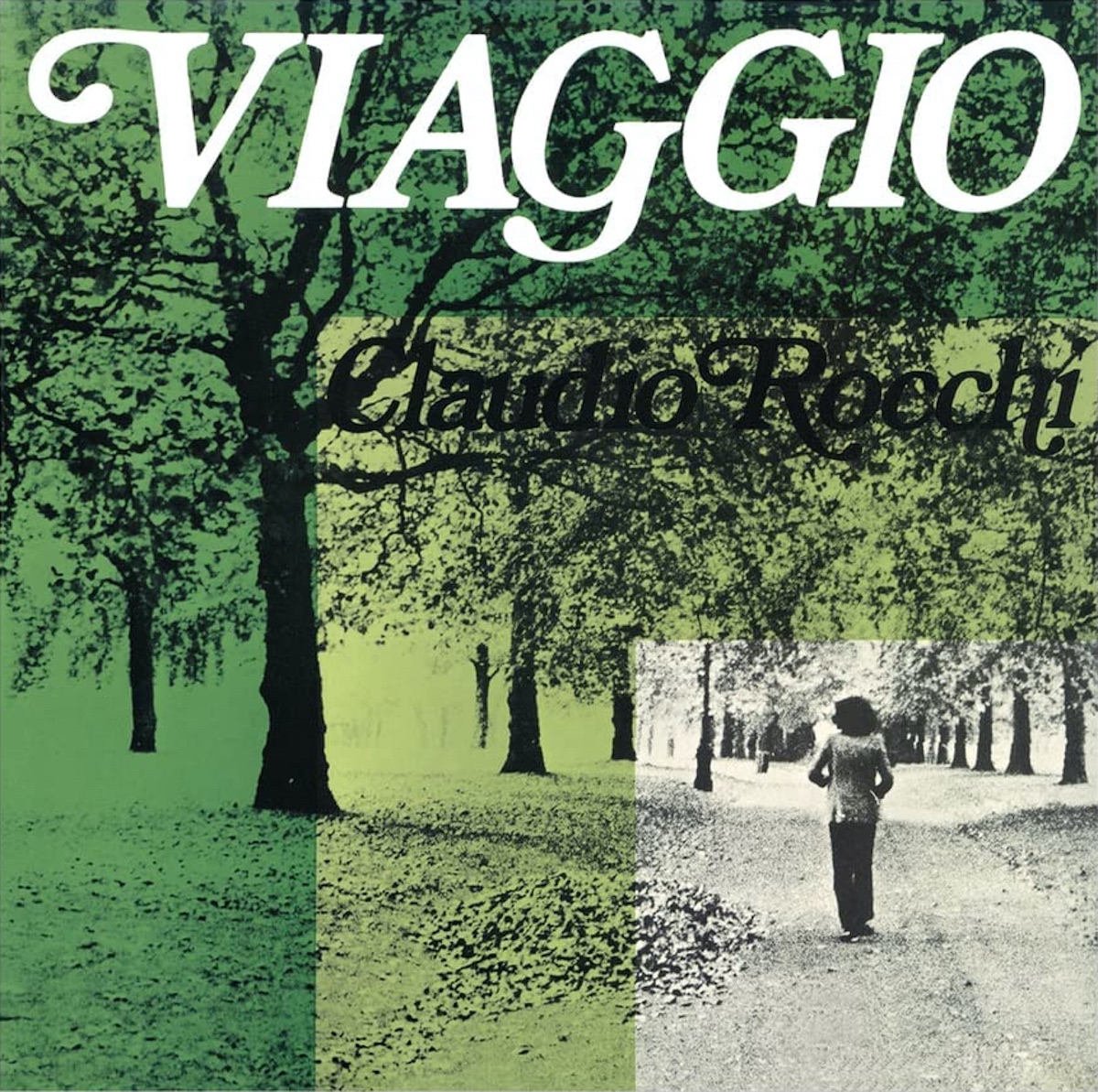
In the first album Rocchi is the spokesman of his generation: Your first moon it is the manifesto of the desire to escape of many young people of the time, running away from home, doing without the rules, coming together to dream of what will never come. But they tried and Voyage it is one of the brightest testimonies of those utopias. A meager but extremely rich sound: acoustic guitar, sparse percussion, flute (Mauro Pagani) and a great desire to withdraw from the world to found a new one.
The Rule of Heaven (Magic Flight No. 2)
1972
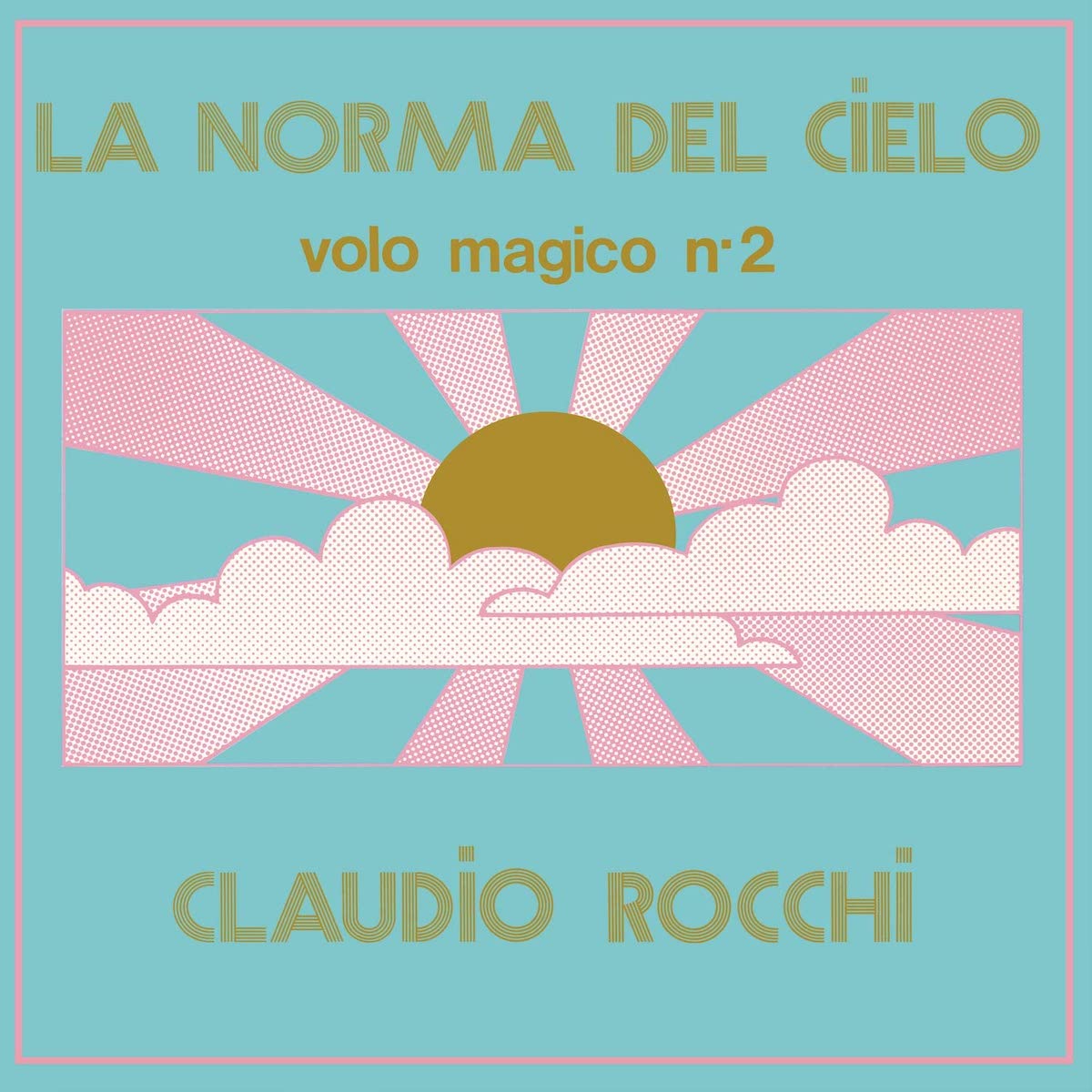
Contains several tracks recorded when Rocchi was thinking of making a double album, an idea later aborted due to recording problems. In any case, the ideas are there and they are exciting in terms of purity and levity. The magical flight continues between oriental scents and psych-west coast sounds. The rule of heaven it is bliss, profound reflections on spirituality, on the mystical union between man and woman and on one’s role in the universe.
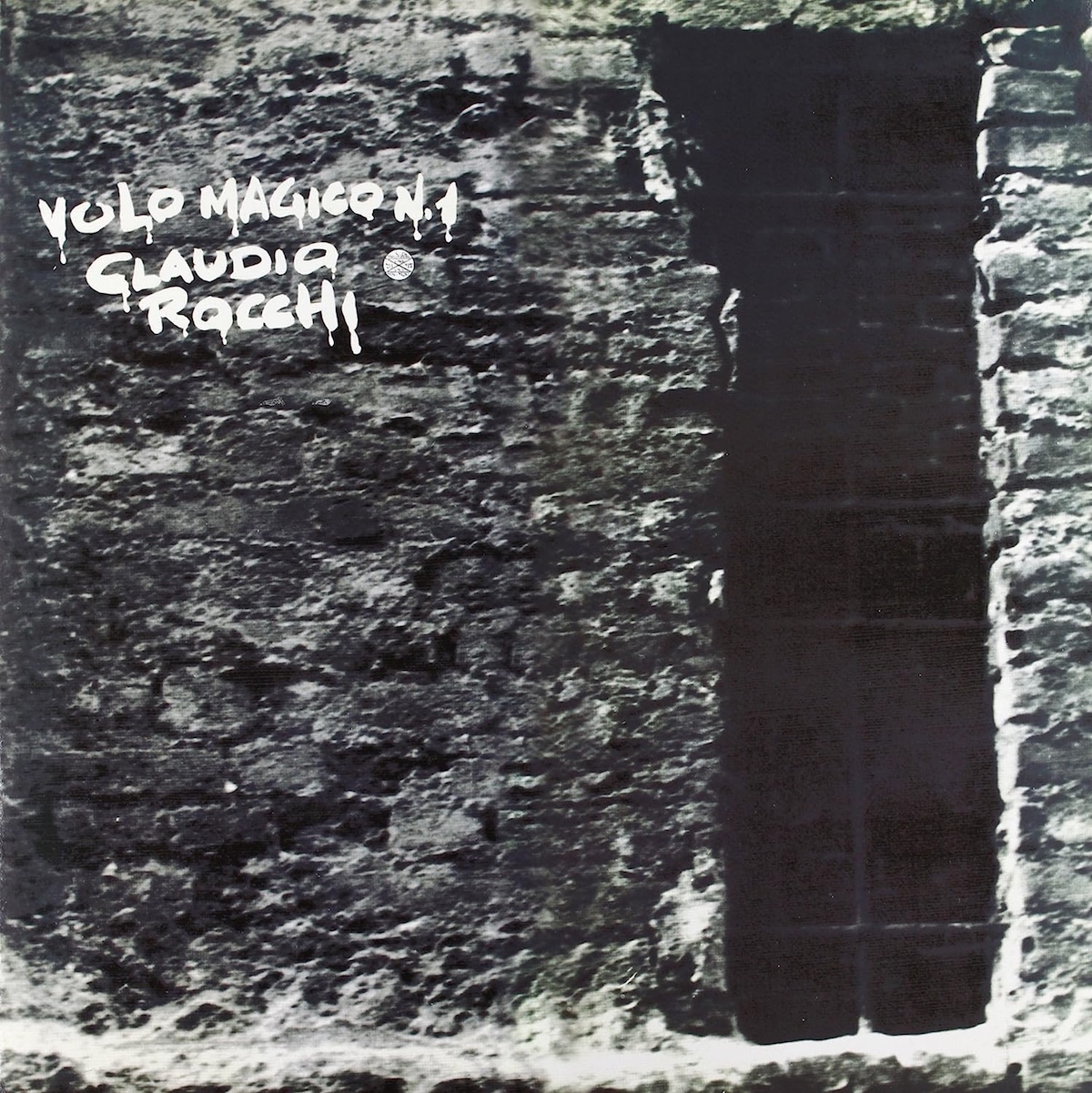
One of the absolute peaks of all Italian music, with the homonymous suite on side A which immerses the listener in a mantric flow based on acoustic guitars, sitar and Mellotron, sometimes enriched by the author’s voice, sometimes paired with Donatella Bardi. A trip in complete freedom which then ignites, the rhyme section and the guitar of Alberto Camerini enter in the smell of acid rock. He turns towards the cosmos with no more metaphors: “Bread, sound, air, voices, friends, stuff, making love” and “There’s always time to sing, you, the stars, the smoke, everything”. On the second facade there is Reality doesn’t existone of the most touching and profound songs ever: a piano, a text that is pure wisdom and Claudio Rocchi, beyond infinity.

